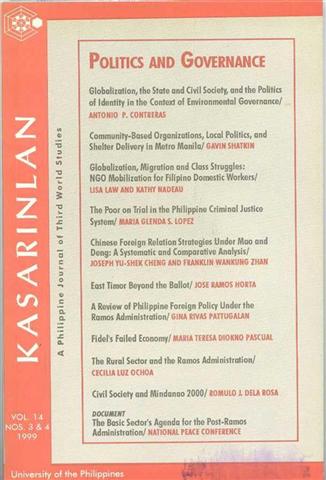Chinese Foreign Relation Strategies Under Mao and Deng: A Systematic and Comparative Analysis
Abstract
During the past half-century, China’s foreign relations strategies evolved in an uneven way. Undeniably, both Mao Zedong and Deng Xiaoping made significant impact on the evolution of China’s foreign relations strategy and established their own models in their respective eras in effect dividing the history of Chinese foreign policy into two. In the shadow of the Cold War, Chinese foreign relations shifted between the United States and the Soviet Union as the future superpower struggled to safeguard national security, guarantee sovereignty and territorial integrity and enhance its international status under Mao. In the last two decades Chinese foreign relations strategies were less geared towards survival and security as Deng presided over the pursuit of the Four Modernizations and the establishment of a new international political and economic order in a framework of peace and non-alliance. As its impact on the shaping of world affairs grows, China's foreign relations strategies will continue to evolve in the next century when it becomes truly capable of an "overthrow of the planetary balance".
Published
2009-07-28
How to Cite
CHENG, Joseph Yu-Shek; WAKUNG ZHAN, Franklin.
Chinese Foreign Relation Strategies Under Mao and Deng: A Systematic and Comparative Analysis.
Kasarinlan: Philippine Journal of Third World Studies, [S.l.], v. 14, n. 3, july 2009.
ISSN 2012-080X.
Available at: <https://journals.upd.edu.ph/index.php/kasarinlan/article/view/1415>. Date accessed: 01 sep. 2025.
Section
Features
By submitting a manuscript, the authors agree that the exclusive rights to reproduce and distribute the article have been given to the Third World Studies Center.



